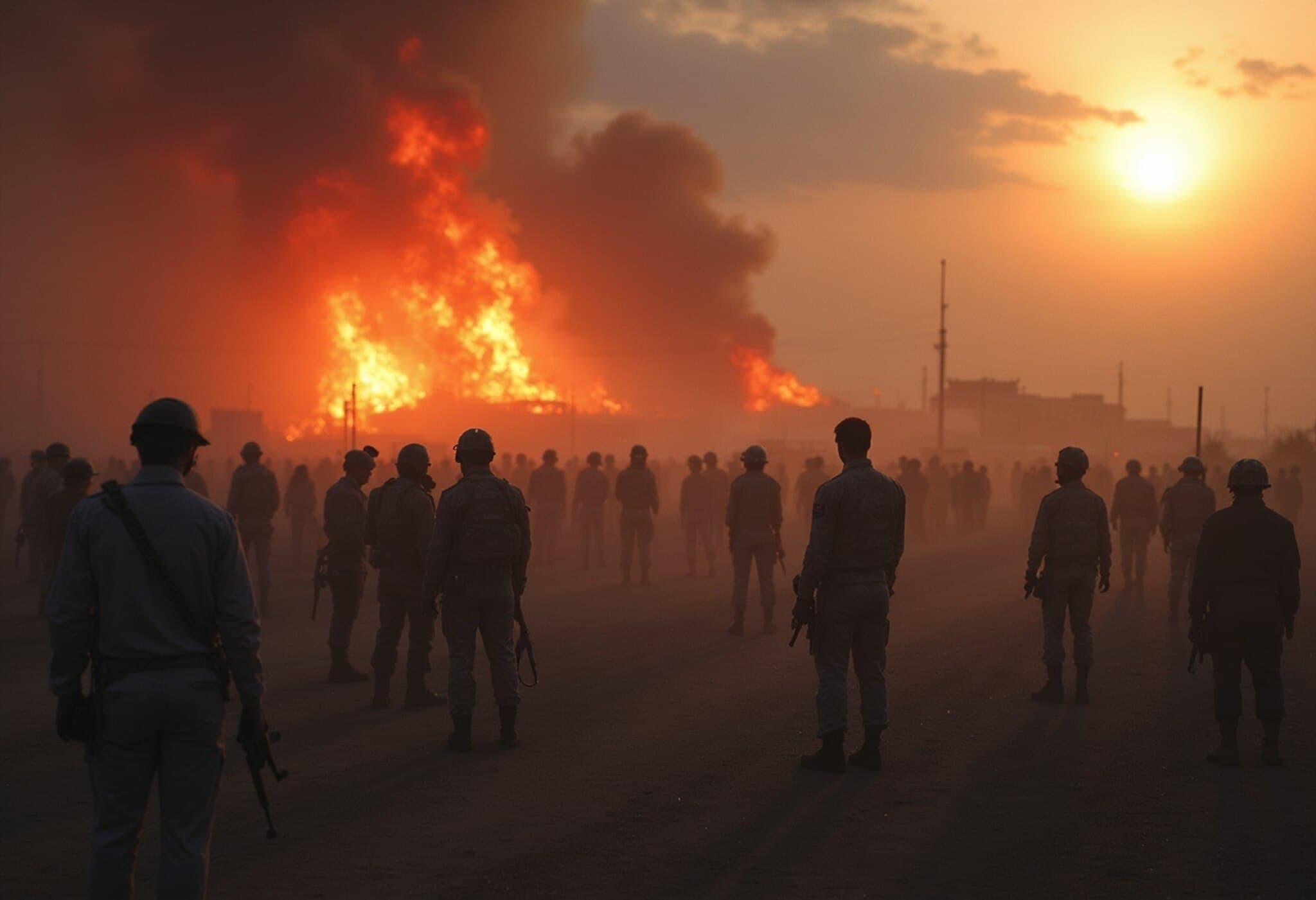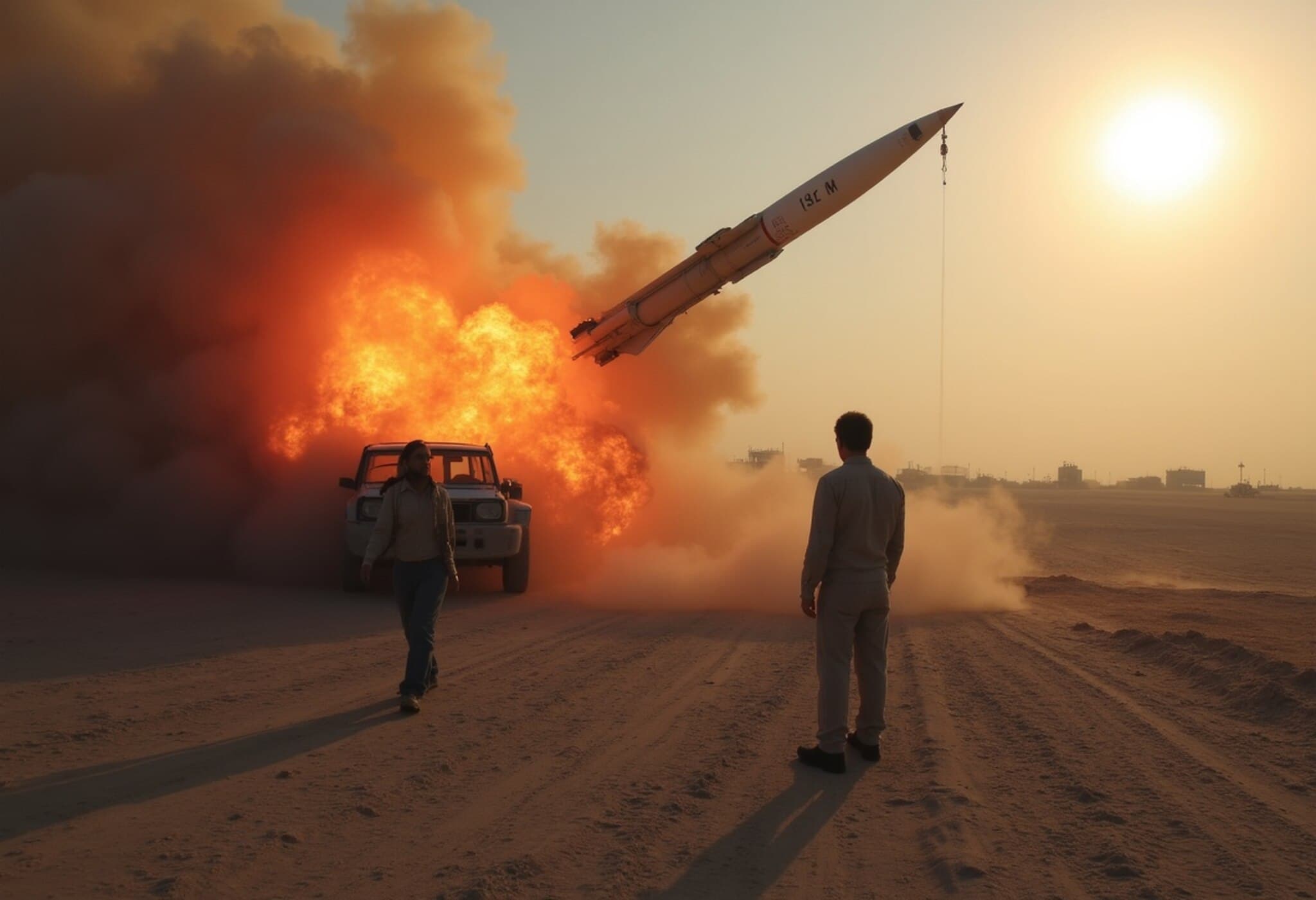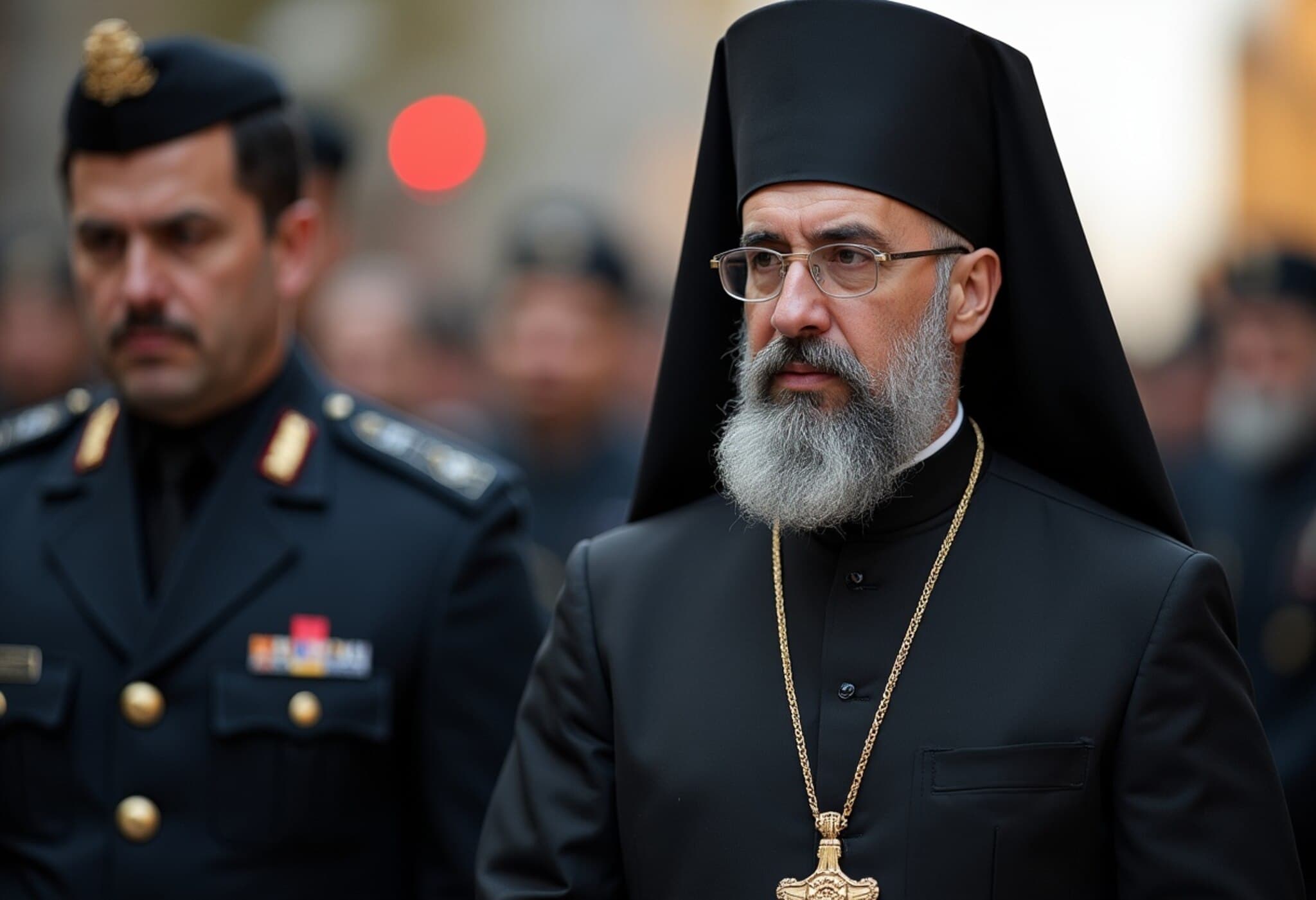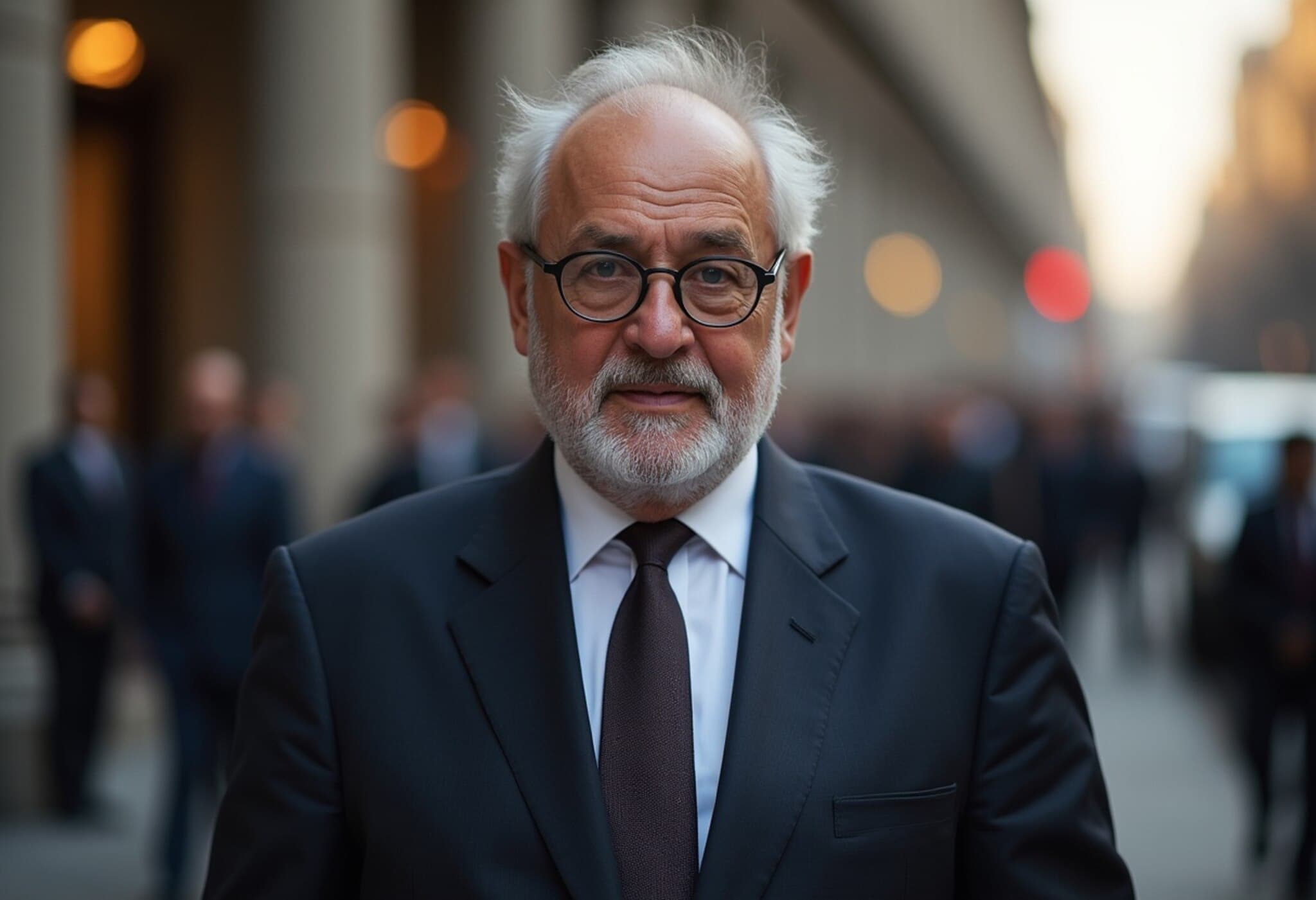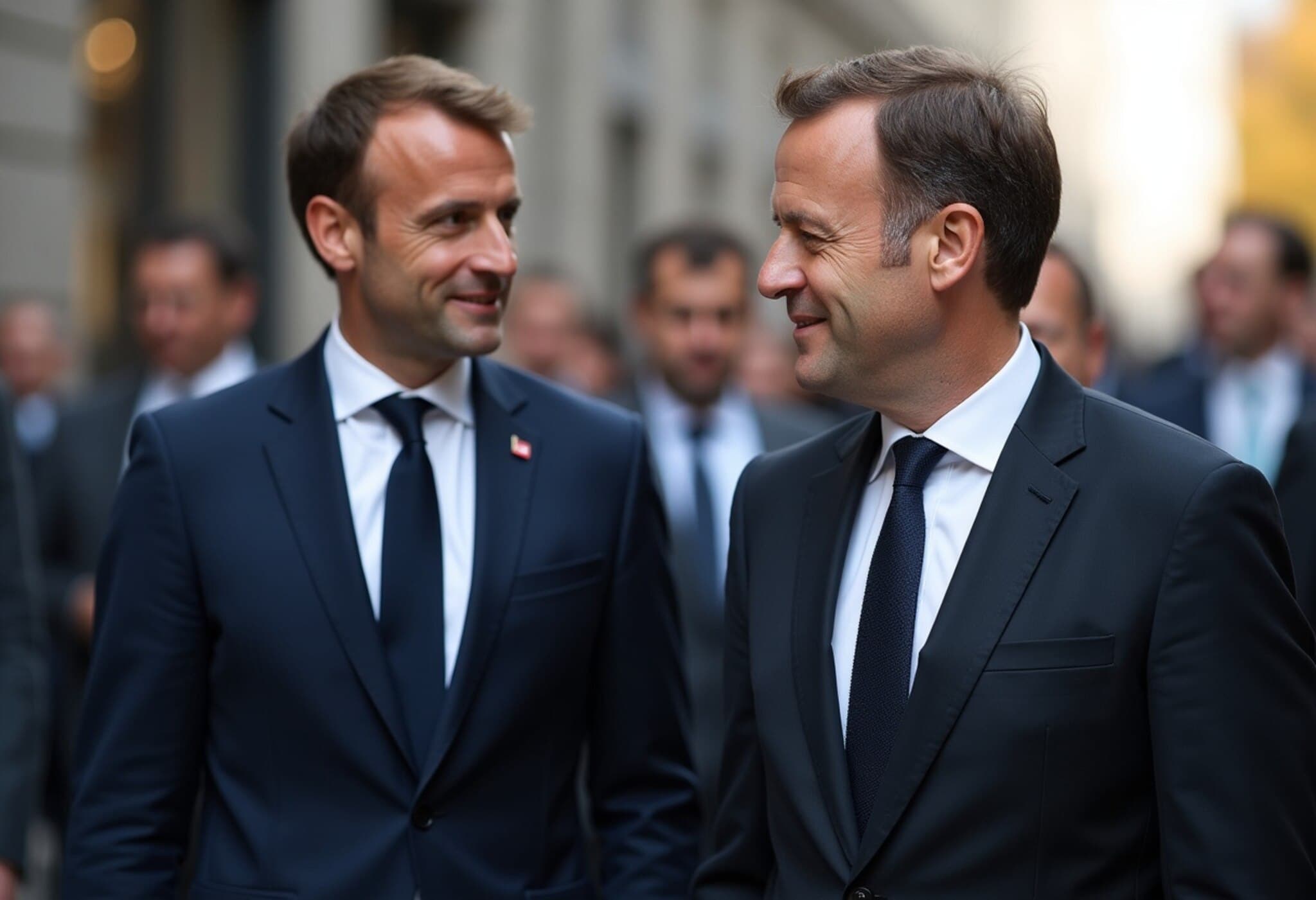Mixed Remains in Air India Crash Deepen Wounds for UK Families
The tragic Air India Flight 171 crash in Ahmedabad on June 12 has been compounded by distressing reports that some British families have been sent incorrect or mixed mortal remains of their loved ones. Lawyers representing these families have raised serious concerns about the flawed identification and repatriation process, calling for accountability from both Indian and British authorities.
Legal Representatives Voice Families’ Distress and Demand Answers
Sarah Stewart, the aviation partner at Stewarts law firm, poignantly expressed the anguish felt by families: “Our clients have been let down by apparent mistakes from forensic teams in India, alongside inadequate consular support from UK officials.” Similarly, Demetrius Danas, an aviation law expert at Irwin Mitchell, noted that receiving remains not belonging to relatives “adds to the hurt and raises grave questions about recovery protocols.”
Government Responses and Ongoing Investigations
In response to these troubling claims, the Indian Ministry of External Affairs spokesperson Randhir Jaiswal affirmed that victim identification followed "established protocols and technical requirements,” emphasizing professionalism and dignity in handling remains. Concurrently, the UK government confirmed that while formal identification is conducted by Indian authorities, all repatriated bodies undergo independent investigations by the Inner West London Senior Coroner.
Senior Coroner Professor Fiona Wilcox has initiated inquests into 12 deaths and has commissioned DNA matching processes to verify the identities of repatriated bodies, uncovering discrepancies that led to revelations of commingled remains.
The Heartbreaking Impact on Families
Cases reported in British media paint a vivid and heartbreaking picture. One family found the coffin delivered contained the body of an unknown individual, forcing them to postpone funeral plans. In another, mixed remains from multiple victims were mistakenly placed together, necessitating separation before burial could proceed. Miten Patel, whose parents perished in the crash, shared his ordeal when the coroner informed him that extra remains were found in his mother's coffin, amplifying the grief and confusion.
Calls for Political Intervention and Transparency
James Healy-Pratt, representing about 20 families at Keystone Law, anticipates that UK Prime Minister Keir Starmer will urgently address these concerns with Indian Prime Minister Narendra Modi during upcoming meetings. He emphasized the families’ need for clear answers and assurances: “These British families deserve to know exactly where their loved ones are.”
Expert Insight: The Fragility of Disaster Victim Identification
Disaster victim identification (DVI) is a highly technical, sensitive process that relies on DNA matching, dental records, and forensic expertise. Errors, particularly in large-scale tragedies, can have devastating emotional consequences, underscoring the need for international collaboration and transparency.
Experts stress that bilateral cooperation between India and the UK is crucial to restore trust and ensure families receive closure. Enhanced training for forensic teams, clear communication channels with bereaved families, and stringent verification protocols are essential moving forward.
Looking Ahead: Lessons and the Path to Accountability
- Strengthening protocols: Governments must review and reinforce victim identification and repatriation processes.
- Supporting families: Providing comprehensive consular assistance and counseling services in such traumatic scenarios is vital.
- Diplomatic cooperation: Close coordination between India and the UK could prevent recurrence and offer timely resolution.
Editor’s Note
This distressing situation raises important questions about accountability in cross-border crisis management. While both Indian and British authorities have assured investigations, the emotional toll on families underscores the human stakes behind forensic procedures. As diplomatic talks proceed, the priority remains restoring faith through transparency and empathetic support. Readers are encouraged to reflect on how international incidents demand not only procedural rigour but profound human sensitivity.



